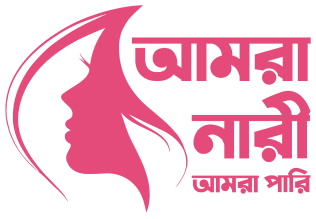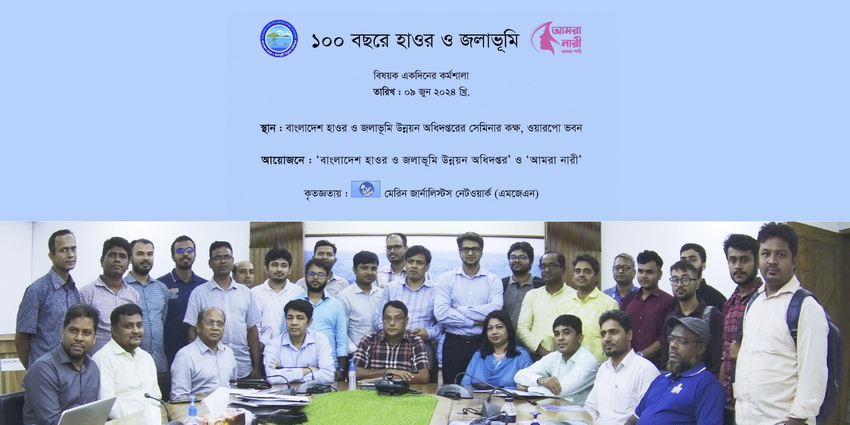The immense potential of Bangladesh’s haors and wetlands can be fully realized with proper management and resource utilization, leading to significant economic advancements and development in the tourism industry. This was the central theme discussed in a workshop titled “Haor and Wetland in 100 Years,” organized by the Department of Bangladesh Haor and Wetlands Development (DBHWD) and 'Amra Nari,' in collaboration with the Marine Journalists Network (MJN).
The workshop, held in the conference room of the Directorate, was presided over by Md Akhtaruzzaman, Director General of the DBHWD. Ehsanul Haque Jasim, Vice President of MJN, presented an article on the “Role of Media in the Conservation and Development of Haor,” moderated by MM Zahidur Rahman, the founder of ‘Amra Nari.’ Gazi Mizanur Rahman, Director of the DBHWD, and Md Farooq Ahmad, Former Additional Secretary of the Ministry of Information and Broadcasting, also attended the event. Various experts and journalists emphasized the pivotal role of media in promoting the conservation and development of haors and wetlands. In his keynote speech, Md Akhtaruzzaman stressed the need for media collaboration in preserving the country’s wetlands. He highlighted that proper conservation and management of these areas could significantly contribute to the country’s GDP, particularly through the export of freshwater fish, which he claimed could yield three times more profit than rice farming.He also pointed out the potential environmental benefits, citing the Ratargul wetland model as an example that could be replicated in other regions.

